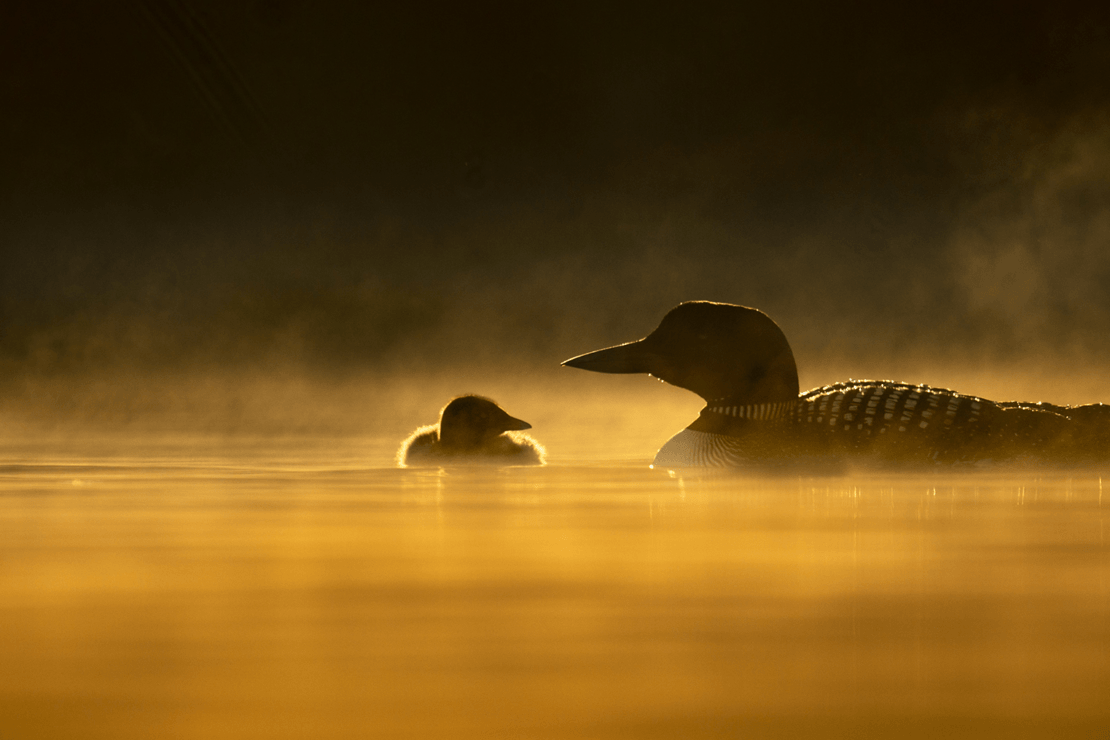Expanding Lottery funds for the environment, for all

For the past three decades, a portion of proceeds from the Minnesota State Lottery has provided significant long-term funding for conservation and natural resources projects. More than $900 million has been invested through the Environment and Natural Resource Trust Fund (ENRTF) into “activities that protect, conserve, preserve, and enhance the state’s air, water, land, fish, wildlife, and other natural resources.” Environmental Initiative is working alongside BIPOC environmental justice leaders and mainstream environmental groups to propose new, more equitable governance models for administration and distribution of this important funding source.
There are far-reaching impacts of the ENRTF — it helps aid communities, protect ecosystems, promote outdoor recreation, improve health outcomes, emphasize environmental equity, bolster agricultural resiliency, and support businesses. The trust was established in 1988 after four-fifths of Minnesota voters approved a constitutional amendment to dedicate a portion of funds generated by the state lottery to environmental projects. Funding has been renewed by voters twice since then and is set to sunset if not renewed by voters again in 2025.
A coalition of mainstream environmental organizations, including Environmental Initiative, is advocating for the State Legislature to get a question on the ballot in 2024 on whether to continue dedicating these funds to the great outdoors. Our organization is focused on convening conversations for proposed changes that would make the ENRTF more equitable. Two bills currently moving through the Minnesota House (HF 1900) and Senate (SF 2404) would put the question to reauthorize the fund before voters. The legislation also would establish an ENRTF Community Grants Program.
New grant program to expand ENRTF access and impact
Several steps must happen at the Legislature before receiving an ENRTF grant. Proposals for funding are made to the Legislative Citizen Commission on Minnesota Resources (LCCMR), a 17-member body of senators, house members, and citizens, who make funding recommendations to the Minnesota Legislature for projects. Their funding recommendations are made to the House and Senate as a bill, and upon passage, the bill goes to the Governor to be signed into law.
This is a lengthy, complex, time-consuming, and resource-intensive process. As a threshold barrier, applicants must have the financial reserves to engage in a reimbursement-based grant process that takes about 18 months. Organizations must also have the staff capacity to respond to LCCMR’s request for proposals, and engage with LCCMR members, staff, and legislators to advocate for their proposal. These systemic barriers mean many impactful projects are never proposed.
Nonprofits who traditionally secure funding are mainly large, well-established organizations. Tribes, smaller nonprofits, and BIPOC-led organizations are infrequent LCCMR grant recipients.
For example, over the past five annual funding cycles, nearly 70% of available LCCMR funds were distributed to state agencies and universities. No tribes were funded during that time, and nonprofit organizations and community groups received approximately 10% of available LCCMR funding. Local and regional units of government received the remaining 20%.
As currently proposed, the Community Grants Program would not alter or take funding from the trust fund but would increase the percentage of state lottery funds available for projects that protect the Great Outdoors. An advisory council, made up of tribal, rural, urban, and BIPOC community members, would help develop the new Community Grants Program, review grant proposals, and provide funding recommendations to the Minnesota Department of Natural Resources (DNR). The DNR would appoint members to the council and distribute the grants to local organizations. The program is designed to have a shorter and less resource intensive process than current LCCMR funds, making it easier for organizations to apply.
“The new community grants program provides a way for the ENRTF to significantly extend its reach and impact by engaging the leadership of people who are doing important environment and natural resource work in Minnesota,” said Sam Grant, executive director at Rainbow Research and ENRTF Reauthorization Coalition member. “We need a complement to LCCMR funding to engage more of Minnesota’s great leaders doing important work in the field. This offers an excellent way to make that happen.”
The program, under the current bills, is established by a state statute instead of a constitutional amendment so changes to the program could be made by the Legislature.
Why we are part of this work
Our strength as an organization lies in our ability to bring people together to solve problems and create change. As a member of the coalition, we have supported partners who have testified at Minnesota House and Senate hearings and have participated and convened meetings with community members, mainstream environmental organizations, DNR, and legislators to discuss the Community Grants Program.
Our ability to catalyze collaboration across perspectives and bring people together to solve environmental challenges enables us to bring more community voices to the table and ensure they have a say in the decision-making process. We are co-leading a subgroup of the coalition focused on equity and creating a more accessible grants program. The ENRTF can expand its reach and impact if communities can have a say in the process and access this long-term and stable funding source.
How you can help
We have a rare chance to continue and enhance the use of state lottery proceeds for the environment. We urge the Minnesota Legislature to establish this new grant program and place constitutional rededication of lottery proceeds on the ballot in 2024. We also encourage you to contact your legislators to tell them you support HF 1900/SF 2404. Not sure who represents you? Find your legislators.
The ENRTF makes meaningful contributions to protect and conserve our environment, and we want to make sure communities and future generations will continue to benefit.
If you have questions about Environmental Initiative’s role in this work, the proposed Community Grants Program, or reauthorization of the ENRTF, contact one of us, Bill Droessler, Rachel Geissinger, Mike Harley, Emily Haley, or Natalie Rademacher, to learn more.